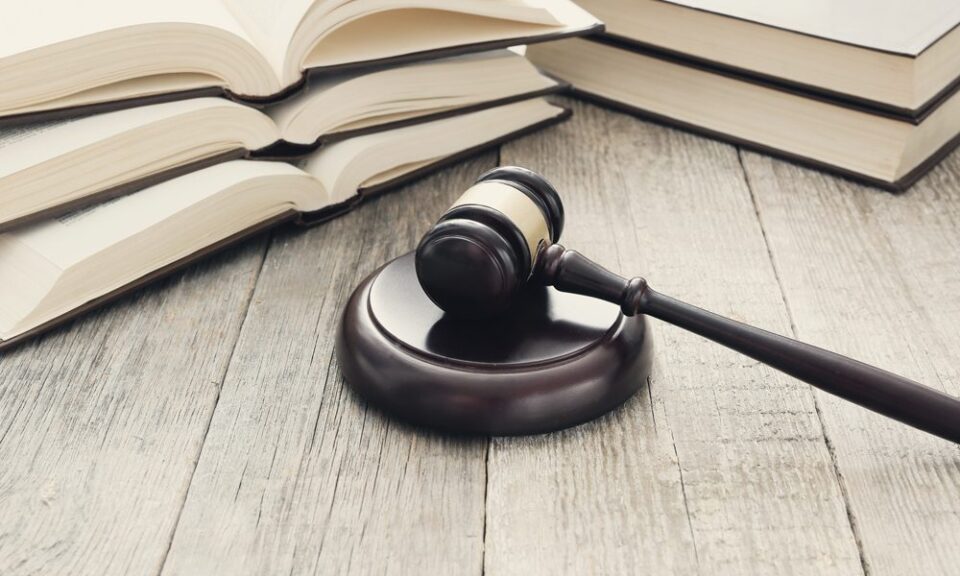In the aftermath of an accident or injury, navigating the legal landscape is an overwhelming experience. Seeking legal representation is a significant step. Choosing a personal injury attorney can profoundly impact the outcome of your case. A personal injury attorney paves way to the outcome of your case. This article discusses the importance of choosing the right advocate and what factors to consider.
Stakes at hand
When dealing with personal injury cases, the stakes are often high, both financially and emotionally. There may be mounting medical bills, lost wages, and a physical and emotional toll of your injury. Choosing the wrong legal representation can exacerbate these challenges, leading to:
- Inadequate compensation leaves you financially burdened
- Prolonged legal battles, prolonging your emotional distress
- Emotional stress and frustration due to lack of communication or understanding
Expertise factor
- Specialised knowledge
- Personal injury law is a highly specialised field, requiring expertise in various areas such as liability, insurance policies, and damages calculations.
- An experienced personal injury attorney will deeply understand the nuances and intricacies of this area of law, ensuring your rights and interests are adequately represented.
- Their specialised knowledge can mean the difference between a successful case and a missed opportunity for fair compensation.
- Proven track record
- Look for a attorney with a demonstrable history of success handling similar cases.
- A proven track record showcases their competence in negotiating favourable settlements or verdicts.
- Successful outcomes in previous cases can reassure you that your attorney has the skills and determination to fight for your best interests.
Importance of communication
A critical aspect of any legal representation is effective communication. Your personal injury attorney should possess the following qualities:
- Active listening skills to understand the details of your case and your specific needs
- Clear and concise explanations of legal processes, strategies, and potential outcomes
- Timely responses and accessibility throughout the legal proceedings
- The ability to empathize with your unique circumstances and emotions
Effective communication ensures you remain informed and involved throughout the process, fostering trust and confidence in your legal representation.
Evaluating resources and reputation
- Firm resources
- Consider a law firm’s resources, such as investigative teams, expert witnesses, and legal support staff.
- Adequate resources can significantly enhance the strength of your case and increase the likelihood of a favourable outcome.
- Well-resourced firms often have the means to investigate and build a solid case for you.
- Reputation and client reviews
- Do some research on the attorney’s and law firm’s reputation.
- Learn about a company’s professionalism, integrity, and client satisfaction.
- A positive reputation can indicate the attorney’s commitment to ethical practices and client-focused approach.
Personal connection
While legal expertise is paramount, choosing a personal injury attorney with whom you feel comfortable and connected is crucial. This personal connection can foster trust and open dialogue, ensuring success in attorney-client relationships.
- Look for an attorney who demonstrates genuine empathy and concern for your well-being.
- Examine their ability to explain complex legal concepts so you can understand.
- Take into account their responsiveness.
A strong personal connection can contribute to a more collaborative and effective working relationship, ultimately increasing your case’s chances of a positive outcome.
Choosing the right personal injury attorney is a critical decision that should not be taken lightly. Personal injury cases are complicated, but the right legal representation ensure your rights are protected at every turn. Take the time to evaluate your options thoroughly, and don’t hesitate to ask questions to find the best advocate for your unique situation.

